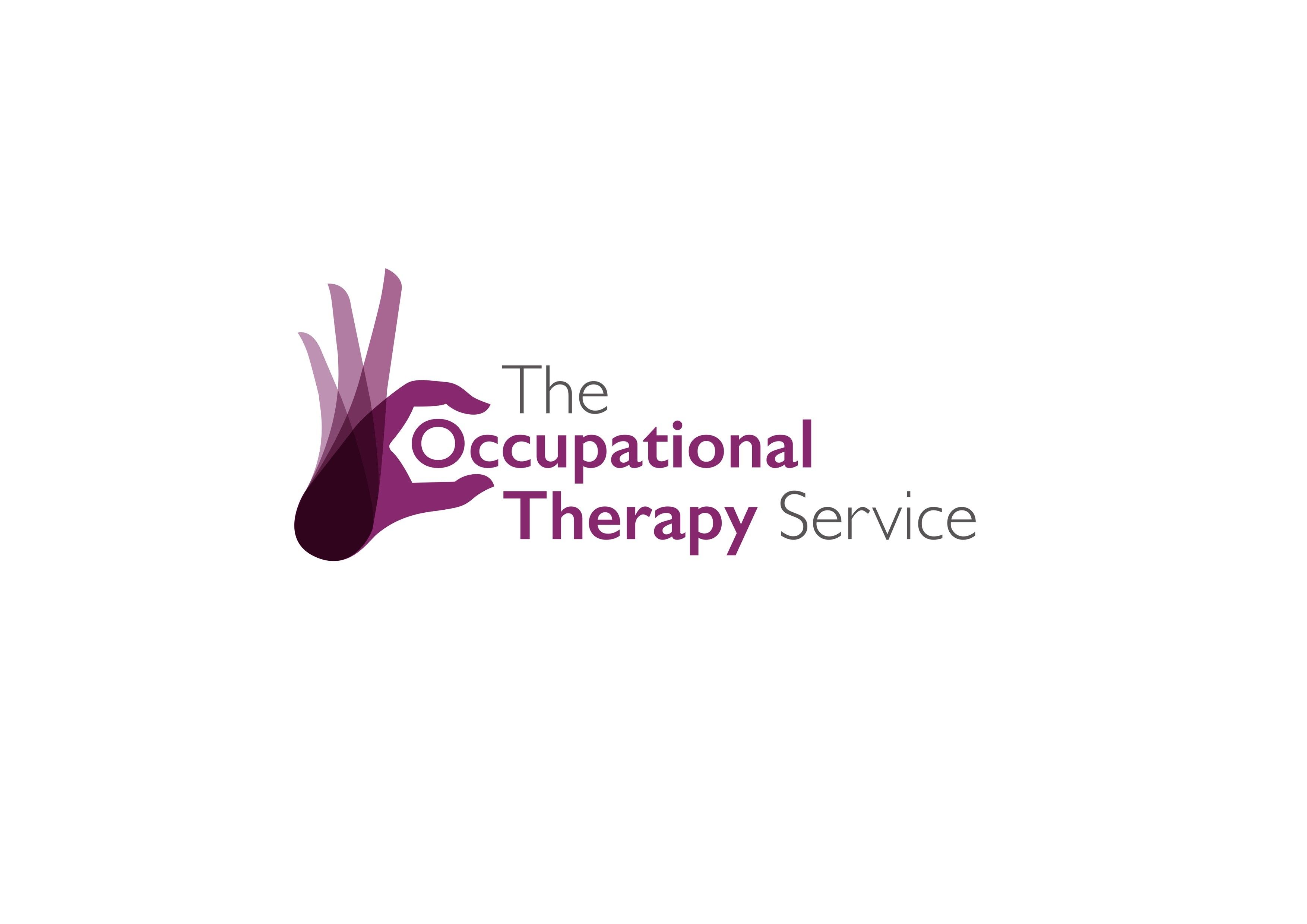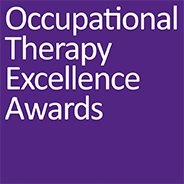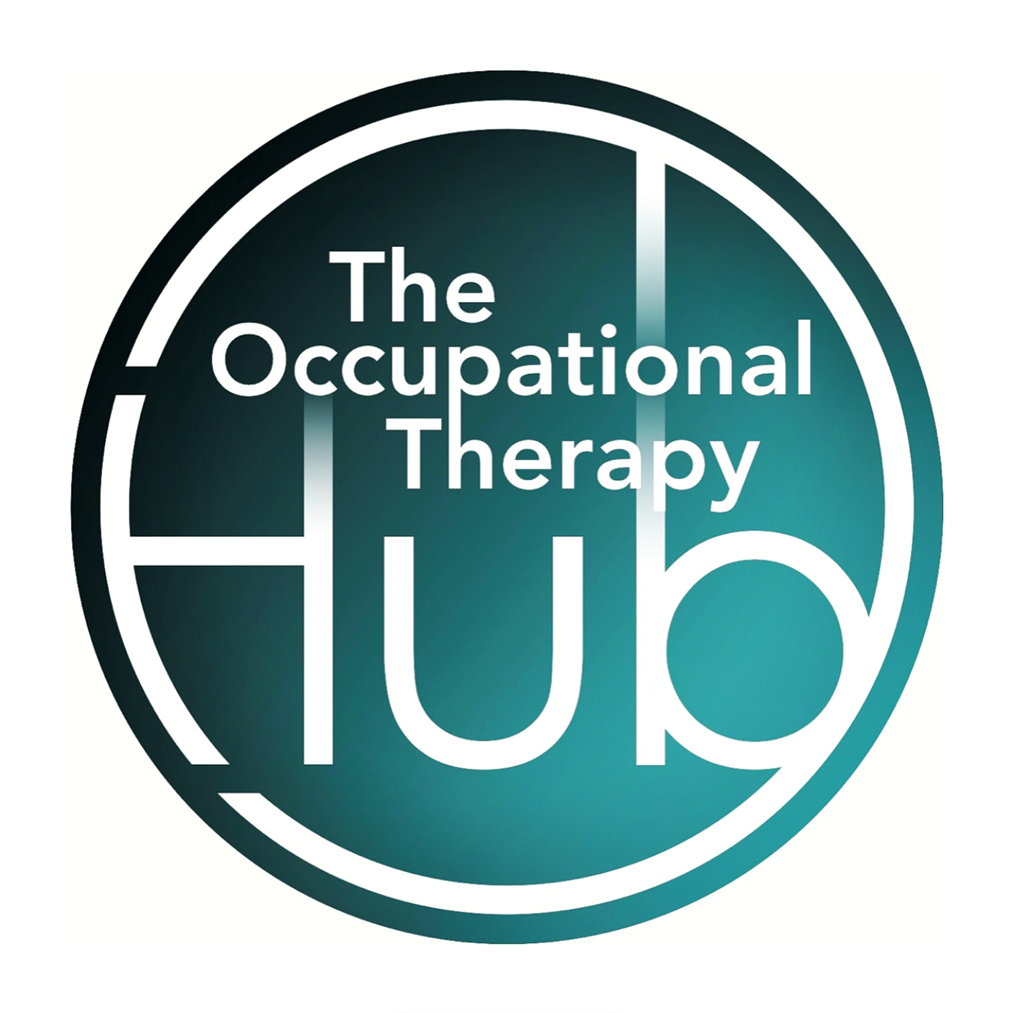Beyond Boundaries: How Occupational Therapists Are Shaping Contemporary Practice
)
This widening sphere of influence is no coincidence. It speaks to the enduring relevance of the profession’s core skills; thinking holistically, understanding the interplay between person, environment and occupation, and mobilising practical, creative interventions that enable participation. These skills have never been more in demand.
As we look ahead to The OT Show 2025, the Contemporary Practice stream of the conference programme celebrates exactly this spirit of innovation. The sessions are designed to energise, challenge, and inspire delegates, showcasing how occupational therapists are making remarkable contributions in non-traditional settings. Whether you’re newly qualified, a seasoned practitioner, or a leader shaping service strategy, this stream will broaden your sense of what’s possible within our profession.
Below, we explore some of the emerging contexts where OTs are making impactful contributions and why contemporary practice matters now more than ever.
Thinking beyond the clinic: The core skills that travel anywhere
No matter the setting, OTs bring an unmatched ability to see individuals within the ecosystems of their daily lives. We untangle complex activity issues, analyse environments, use meaningful occupations as therapeutic tools, and co-create solutions that empower autonomy and wellbeing.
But what makes OTs uniquely suited to work in non-traditional settings?
- We understand human behaviour in context, recognising how routines, roles, strengths and barriers interact to shape function.
- We think systemically, acknowledging that challenges rarely exist in isolation.
- We translate insight into action, designing practical, purposeful interventions.
- We are comfortable with complexity, ambiguity and diverse human experiences.
- We work collaboratively, often bridging gaps between disciplines or sectors.
These core competencies are increasingly valued by industries and services facing novel challenges, from mental health concerns in corporate environments to sustainability planning in local government.
Digital health and technology information
Contemporary OT practice is increasingly digital. Virtual rehabilitation platforms, remote assessments, activity-monitoring wearables and AI-powered assistive technologies have exploded in availability. Yet technology without context is rarely effective and this is exactly where we shine.
In digital health settings, occupational therapists are:
- Designing person-centred digital solutions that align with real-life routines.
- Piloting virtual rehabilitation programmes that maintain participation for clients who face geographical, mobility or social barriers.
- Assessing the impact of technology on occupational balance, identity and engagement.
- Supporting ethical and equitable implementation so digital tools enhance, not replace, therapeutic relationships.
Sessions within the Contemporary Practice stream will highlight forward-thinking examples of digital enablement, helping delegates feel confident exploring technology as a core element of modern OT practice.
Workplace wellbeing and occupational health
Employers today face rising levels of stress, burnout, neurodiversity-related barriers, and long-term condition management needs. More organisations are realising that supporting occupational health is not simply about ergonomics, it’s about creating environments where people can thrive occupationally.
OTs in these settings contribute by:
- Conducting holistic workplace assessments that go beyond posture and equipment.
- Designing role-specific strategies for energy conservation, routine management and work-life balance.
- Supporting employees returning after sickness absence with meaningful graded activity plans.
- Advising on inclusive workspaces for neurodivergent or disabled employees.
- Influencing organisational culture towards healthier occupational engagement.
As work continues to blend home and office environments, OTs have the tools to help people adapt with resilience and maintain productivity without sacrificing wellbeing.
Criminal justice and forensic settings
OTs have long been present in forensic mental health units, but contemporary practice extends deeper into prisons, probation services and community justice pathways.
Here, OTs are:
- Supporting individuals to develop daily living, emotional regulation and problem-solving skills essential for reintegration.
- Addressing occupational deprivation and its long-term consequences.
- Collaborating with multidisciplinary teams to reduce reoffending through meaningful engagement and purposeful routines.
- Developing group interventions focused on identity building, life skills and constructive occupation.
These environments highlight the power of occupational therapy to foster hope, agency and new possibilities even in the most challenging contexts.
Homelessness, housing and community inclusion
Occupational therapists are becoming increasingly embedded within housing associations, homelessness charities and community support initiatives. With health and housing so deeply interconnected, the value of OT in these sectors is becoming undeniable.
We provide:
- Functional assessments that ensure people can live safely and independently in supported accommodation.
- Interventions that rebuild daily structure and occupational identity after periods of instability.
- Trauma-informed approaches that recognise the profound occupational disruption homelessness causes.
- Partnership with social prescribers, mental health teams and community workers.
These roles demonstrate that occupational therapy’s influence extends far beyond clinical boundaries and that we can meaningfully shape social as well as health outcomes.
Sustainability and green health
As climate change increasingly affects health, daily life and community infrastructure, we are emerging as powerful advocates for sustainable lifestyles and environmental resilience. Nature-based interventions, sustainable transport planning, green social prescribing and climate-conscious service design all have occupational components.
Occupational therapists are helping individuals and communities:
- Rebuild routines and emotional wellbeing following climate-related disruption.
- Engage in nature-based occupations that support physical and mental health.
- Adapt homes and activities to extreme weather or changing environmental conditions.
- Develop sustainable daily habits that are meaningful and achievable.
The profession’s deep understanding of behaviour change and environmental interaction positions us as key contributors to the sustainability agenda.
Entrepreneurship, Consultancy and Emerging industries
From lifestyle coaching to accessible gaming consultancy, many OTs are establishing themselves as innovators and entrepreneurs. Contemporary practice encourages thinking outside the box, using OT principles to identify unmet needs and carve out new service models.
Examples include:
- OT-led coaching practices supporting executive function, routines and life transitions.
- Consultancy roles in design industries—creating inclusive products, spaces and technologies.
- Contributions to policy design and public health campaigns.
- Innovation in supported employment programmes or social enterprises.
These roles not only extend the reach of OT but also advocate for occupational thinking at the highest strategic levels.
Why Contemporary Practice matters and how The OT Show 2025 will bring it to life
The OT profession stands at a pivotal moment. Our core skills have never been more relevant, and the systems around us are increasingly recognising the need for holistic, person-centred, occupation-focused approaches.
The Contemporary Practice stream at The OT Show 2025 will:
- Illuminate groundbreaking areas of practice you may never have considered.
- Offer inspirational stories from OTs who have pioneered new roles.
- Provide practical tools and frameworks to help you explore innovation in your own career.
- Spark curiosity and motivation, reminding us of the infinite potential within occupational therapy.
- Demonstrate impact, showing how non-traditional OT work is transforming outcomes for individuals, communities and organisations.
Whether you’re exploring fresh directions, seeking to broaden your professional identity, or simply curious about how far the profession can stretch, this stream will offer something transformative.
Occupational therapists are future-shapers, system navigators and change-makers. Contemporary practice is not about stepping away from our roots; it’s about expanding them into new soil.
Join us at The OT Show 2025, and come be inspired by the breadth, creativity and influence of occupational therapy in the modern world.



















